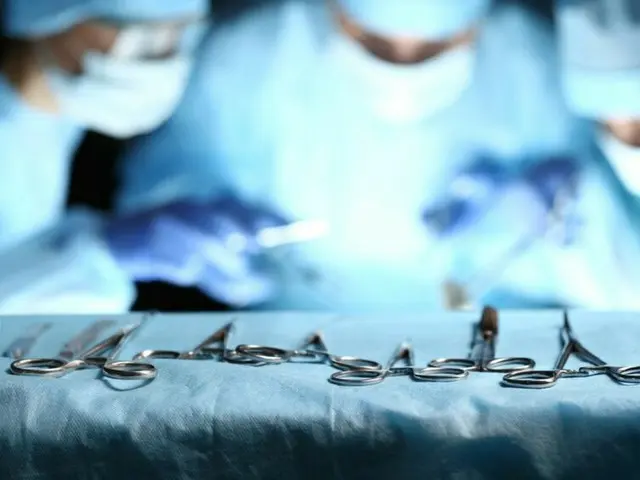In order to overcome the crisis, they are making desperate efforts, such as asking employees to voluntarily donate back three months' worth of position allowances (April to June).
On the 5th, according to the Korean medical community, Oh Ju-hyun, director of Kyung Hee Medical Center,
On the 30th of last month, the president of the university hospital sent an email titled "To all faculty and staff of Kyung Hee Medical Center." In it, he wrote, "The medical situation has been going on for a year with the government and the medical community at a standstill and no clues to a solution have been found.
"With hundreds of millions of won in the red every day, the cumulative losses are growing, and the hospital's survival is under serious threat due to its worst financial difficulties since it opened 53 years ago.
The hospital had already switched to emergency management in March of last year, but it is still running a deficit of hundreds of millions of won every day.
If the current situation continues, we expect there to be a significant shortage of funds by the end of this year to cover various expenses, including individual salaries. We will suspend salary payments from June and will have to consider voluntary retirement.
"The more we can do this, the more desperate the situation becomes," he said. The hospital has seven hospitals, including Kyung Hee University Hospital and Kangdong Kyung Hee University Hospital.
Kyung Hee University Hospital and Gangdong Kyung Hee University Hospital, where the bed occupancy rates are over 40% and 30%, respectively, fell to below 50% in February last year after interns left in opposition to the government's medical school expansion and mandatory medical policy package.
"In order to overcome the management crisis, we have reduced expenses by giving up unpaid leave, position allowances and performance-based pay for teachers, making a comprehensive cut in management and operating expenses, and reducing capital investment," said Director Oh.
"We are trying to reduce it, but there is a limit," he said. In response, Kyung Hee Medical Center has asked its executives to voluntarily donate three months' worth of their position allowance (April to June) and has been
Director Oh said, "Some employees thought that if they could secure a large amount of funds by raising funds from banks and postponing payment of medical materials fees, the risk factors would be eliminated.
"However, currently, securing external funding is very uncertain, and borrowing funds is always an obstacle to the future growth of the hospital, and it is a big burden for the younger generations.
"We apologize to all the faculty and staff who are making an effort and providing support even in this difficult environment," he said, adding, "We are in an irreversible situation.
We hope that you will join us in working to keep the hospital open before you leave, and we promise that the entire management team will do our utmost to normalize operations as soon as possible and provide a better working environment."
I jumped.
2024/05/06 05:03 KST
Copyrights(C) Herald wowkorea.jp 104

